Starting at the source — localizing our commercial ecosystem
With a goal of increasing Aramco’s locally sourced supply chains, we take a look at iktva’s milestones since its creation in 2015.
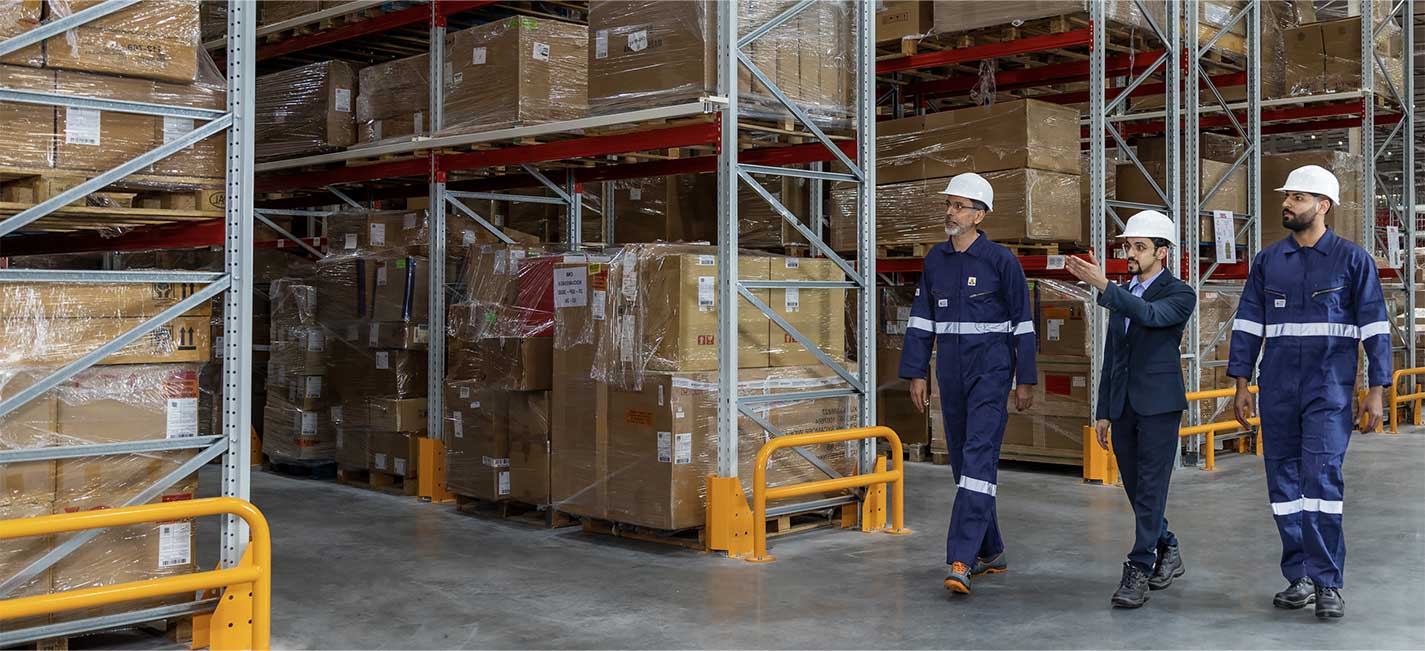
- Since 2015, iktva has created 180 business opportunities which offer a potential market demand of around $15B per year
- New goods and industries have quadrupled supplier spend on R&D and resulted in a 50% annual growth in local small and medium enterprises
- Through iktva, 94 new agreements were signed with a combined value of $29B, resulting in founding 34 new local manufacturers
Localizing business supply chains aims to bring economic growth, technological breakthroughs and brand-new products to the Kingdom, all of which have been possible with our In-Kingdom Total Value Add (iktva) program.
Now, more than five years in, the real impact of our benchmark localization project, iktva, is clear to see, with continued growth in many areas, particularly in the introduction of new industries and services to the Kingdom.
Since 2015, our iktva program has encouraged and supported our Company’s suppliers to hire Saudi talent, develop technologies, and manufacture more vital commodities, systems and components, in Saudi Arabia.
This steady progress towards supply-chain localization has not only benefitted our Company, but also the local and national economy. And there’s still much more impact set to come from growth in exports and increased employment opportunities.
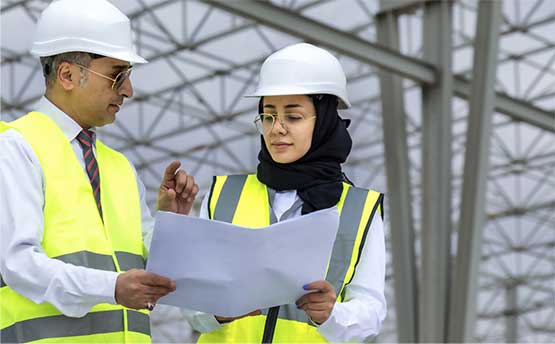
Closing the gap
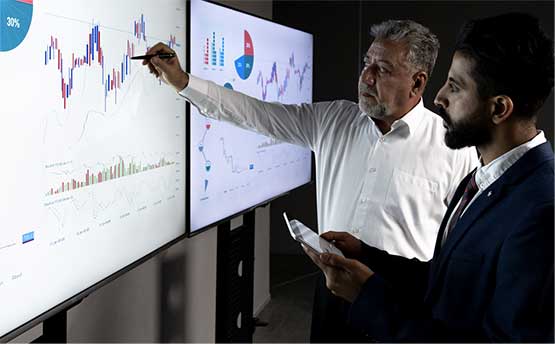
New milestones
A key target for iktva has been to increase innovation and local investment, and to foster the creation of new manufacturing and service sectors that aid not only our Company, but the Kingdom as a whole.
Encouraging our suppliers to fill previously existing supply-chain gaps has boosted in-Kingdom capacities and capabilities. Over 180 new business opportunities have been created so far, and for these firms taking part, there’s the additional benefit from a growing, highly-skilled workforce, exposure to industry-leading advancements, and the chance to capture lucrative markets across the GCC region and far beyond.
As of 2021, we’ve achieved 59% local content and growing, up from a localized-supply baseline level of 35% back at the start of the initiative in 2015. For us, and indeed for the energy sector as a whole, the benefits of this ongoing shift are clear — sustainable supply chains increase reliability and company-wide efficiency, all of which adds to our industry-leading dependability.
For the Kingdom these new product pipelines have even greater impact. New goods and industries have driven the creation of thousands of new technical jobs, attracted over 100 fully realized investments, more than quadrupled supplier spend on R&D and resulted in a 50% annual growth in supplier investments in local small- and medium-enterprises.
Energy and focus
At its formation, iktva was focused on more than industrial sectors, identified via a deep-dive review of our Company’s capital program. This revealed existing supply chain gaps and potential business opportunities that we were able to share with investors and our existing suppliers. This exercise laid the foundation of all that has come since — clarifying over 180 potential business opportunities across these sectors which offer a potential market demand of around $15B per year.
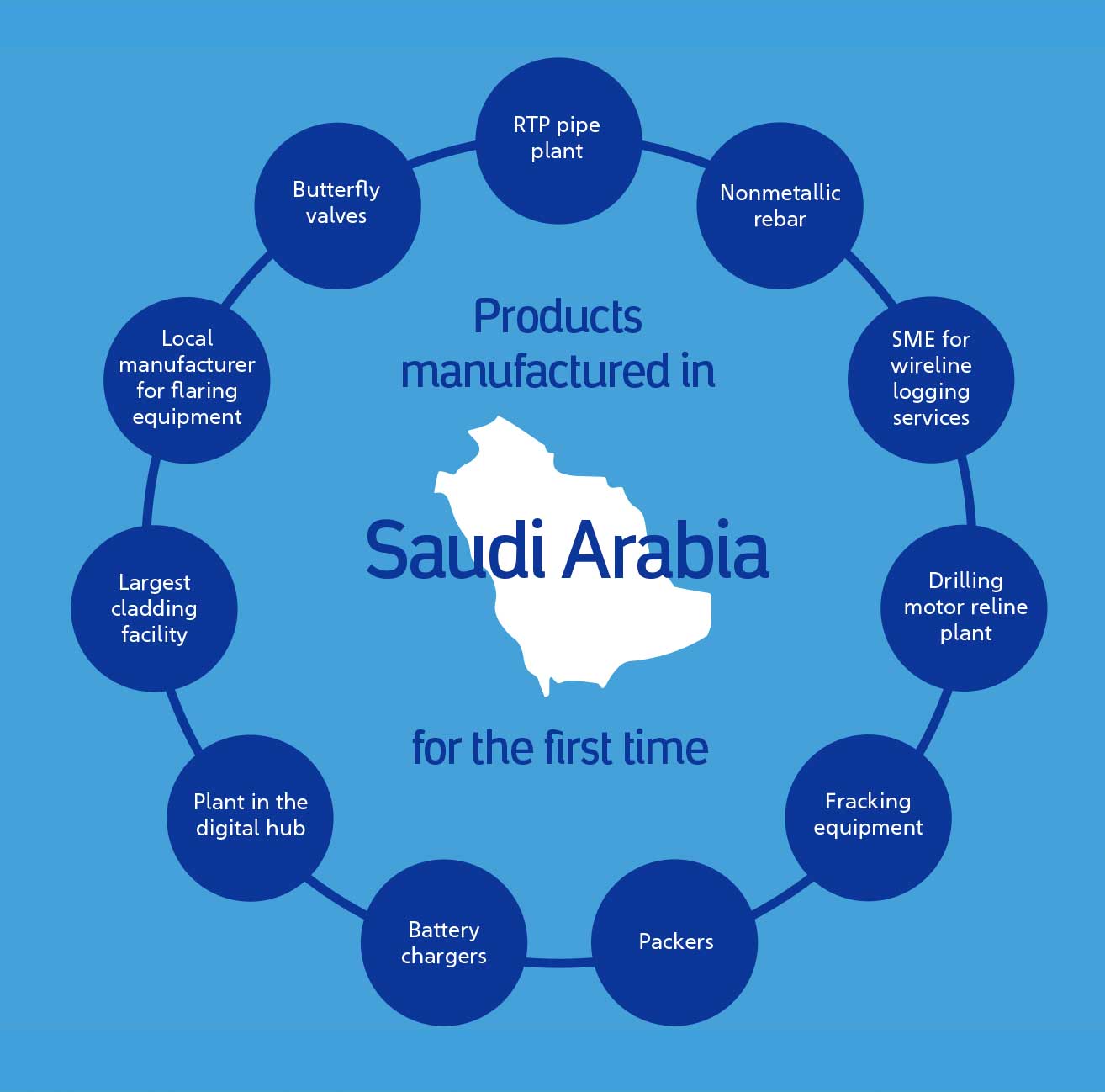
Products manufactured in Saudi Arabia for the first time
A major impact of iktva so far has been the introduction of products and services introduced to fill those gaps. These range from the local manufacture of flaring equipment to the creation of the Kingdom’s first locally produced, nonmetallic rebar.
Sectors ranging from oilfield services and equipment to 3D printing, and from nonmetallics to marine services are expected to be grown and galvanized by new investment and new ideas.
A pipeline to progress
A number of goods recently brought to market through iktva are already making a notable impact.
Pipes are a vital part of our energy infrastructure and we have worked extensively with manufacturing partners to build new local supply chains to produce and provide components that would previously have been imported.
Some of these include:
The first
dedicated pipe-cladding facility in the Kingdom, which is also one of the largest in the world, that provides bi-metal and weld overlay internal cladding for both onshore and offshore applications.
The first
in-Kingdom, nonmetallic industrial products manufacturing facility. This produces high-density polyethylene pipes and fittings as part of its ‘pipe solutions’ product line.
The first
Saudi-manufactured butterfly valves, which are a family of quarter-turn rotational motion valves used in pipelines to shut-off flow.
Other vital supplies
now available locally include drilling chemicals (viscofiers) that aid in the drilling of boreholes, and emulsifiers and corrosion inhibitors.
iktva has also enabled the provision of local wireline logging in Dammam. This is an oilfield service technique used to record key geological measurements including stratigraphic, lithological and other rock properties used to help in correct well placement and in maximizing overall well productivity.
With our support, the Kingdom’s first additive manufacturing center was established. It is a cutting-edge facility that 3D prints a range of useful objects and components for a wide variety of industrial uses.
Ongoing development
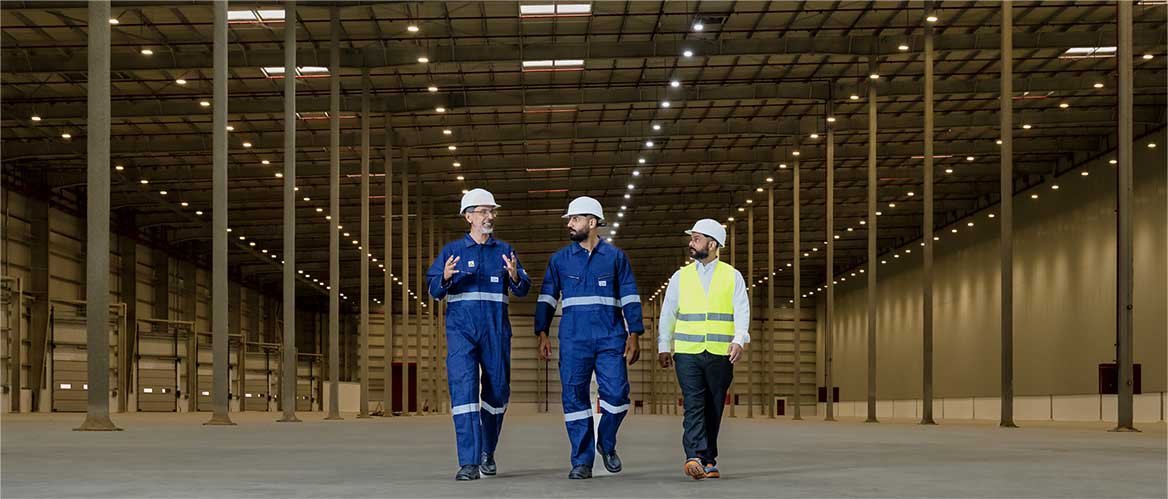
We want more of the products and services we buy to say 'made in Saudi Arabia'
iktva’s progress to date has been monumental: 94 new agreements signed with a combined value of $29B; as a result, 34 new local manufacturers founded; and 30 existing manufacturers expanding on the back of new business.
With many forthcoming launches and new ventures still on the way, iktva is helping to create a stronger, more diversified and more resilient Saudi economy, with a fourfold rise in spend on local research and development already achieved. Our ongoing push towards business localization with increased opportunities and technical expertise continues. We want more of the products and services we buy to say ‘made in Saudi Arabia’, because by supporting Saudi industry — as a customer and a business partner — we are creating skilled jobs for our citizens and future-proofing our economy.



